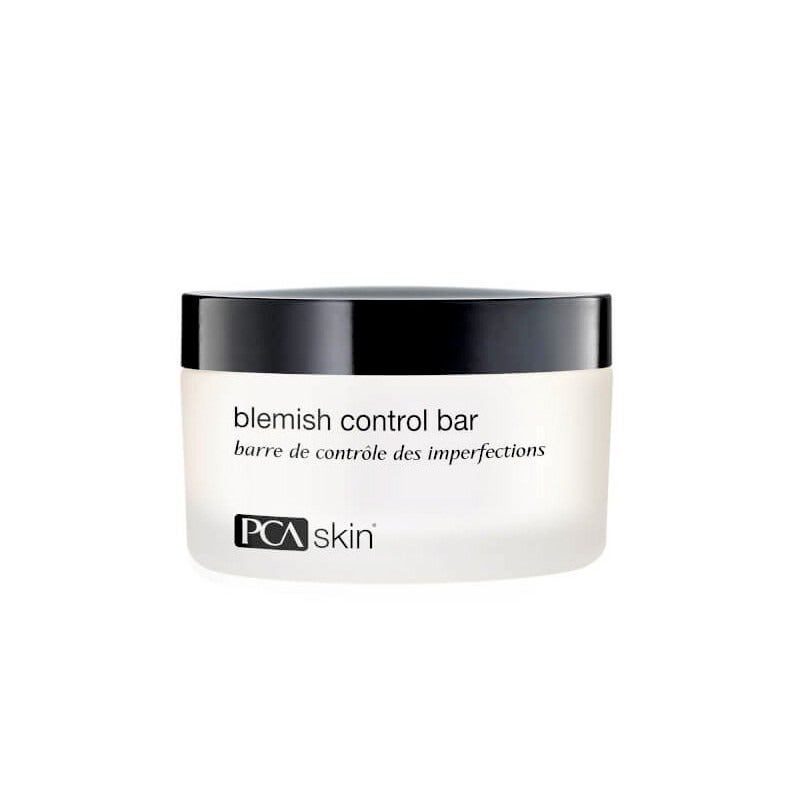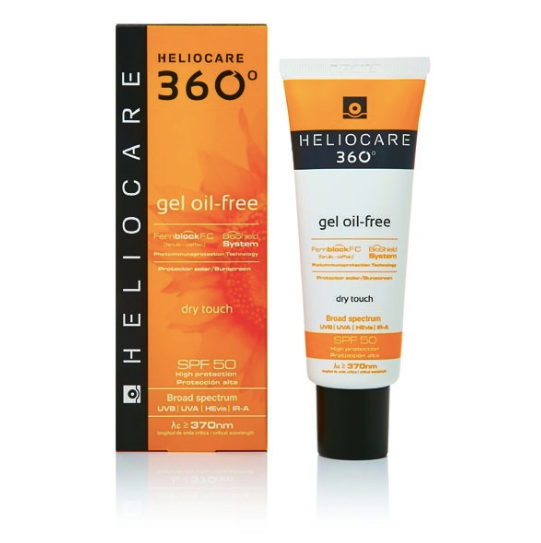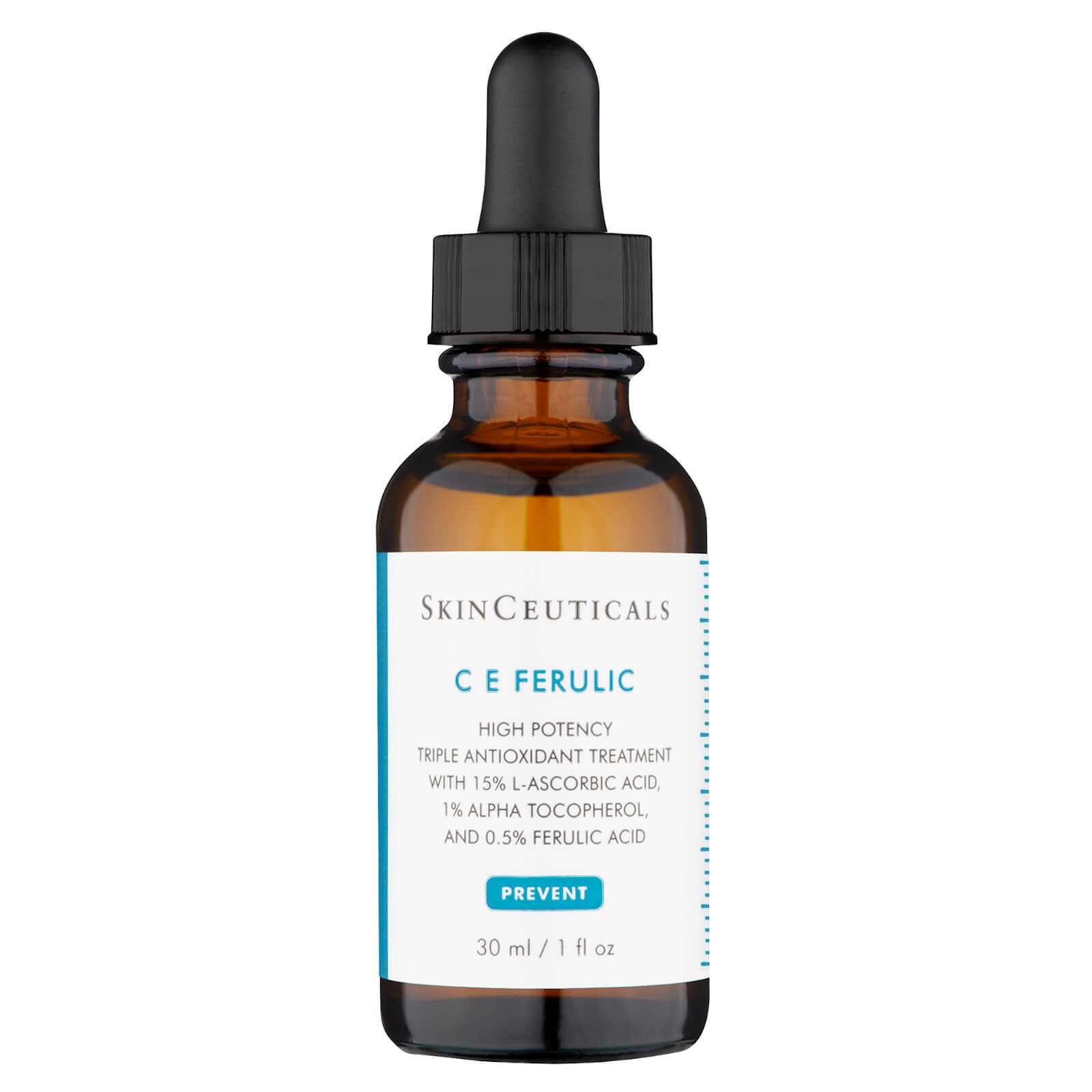From hairdressers to nail bars, many beauty businesses have slowly opened their doors following closures as a result of coronavirus. Frustratingly, many close contact facial treatments such as facials, brow waxing and lash lifts are off the menu until mid August thanks to a government U-turn. But there are special cases, specifically when it comes to medical aesthetics clinics. According to current government guidelines, medical settings are an exception.
The top beauty question on Google is currently: when will beauty salons reopen fully? While I don't have a definitive answer, as someone with persistent acne (thanks to polycystic ovary syndrome or PCOS) I visited Waterhouse Young Clinic to get some idea of what close contact facial treatments will look like in a post-lockdown world. Of course, not everyone may be comfortable with venturing to skin appointments just yet and that is understandable. I discovered that there are lots of new rules and regulations in place to keep people safe, and unsurprisingly, lots has changed.
AdvertisementADVERTISEMENT
Facials for certain skin conditions are permitted
Guidelines allow for medical practices to reopen to treat patients who need it, but there is a fine line between 'essential' and 'non-essential' treatments. If you have a skin condition, a handful of facial treatments are permitted. At Waterhouse Young and many other clinics, therapists can currently treat skin conditions ranging from acne and rosacea to melasma, eczema, irritated skin, hyperpigmentation, dermatitis and hyperhidrosis, to name a few. I booked in for a PCA Peel, which enlists 6% retinol to reduce hyperpigmentation, persistent breakouts and scarring. From eczema to spots, lockdown stress has exacerbated skin issues for lots of us, so this may come as a welcome relief. But it does mean that other facial treatments are off the menu...
Some facials and treatments are not allowed at all just yet
Beauty therapists and clinicians cannot perform anything that is completely cosmetic just yet, for example cosmetic acupuncture and Botox or dermal fillers. All beauty salons and clinics must await an announcement from the government before all facial treatments can resume. That said, aesthetic doctor Parisha Acharya suggested that any other facial treatments would be very similar to this one in terms of social distancing rules and required PPE when salons and clinics open up the rest of their menu.
You'll need to attend a virtual consultation first
AdvertisementADVERTISEMENT
Medical-led skin clinics like Waterhouse Young require patients to undergo an extensive consultation process. "Since COVID-19 we have brought in additional measures to maintain patient safety," says Dr Acharya. "We now carry out all our initial consultations virtually. This allows us to reduce face-to-face contact time in clinic, while still being able to gain a thorough history of our patient's concerns, as well as the all-important medical history." During the consultation, which can take place via FaceTime, WhatsApp or Zoom, the skin expert on the line will gauge an idea of what treatments may be suitable for you.
You'll need to sign a new form
As with most facial treatments, especially ones where skin specialists enlist high-strength acids or hi-tech tools, reading through a contract is necessary before entering the treatment room. But at Waterhouse Young (and likely many other clinics and beauty salons) there is an additional form tailored specifically to COVID-19, which asks questions about your exposure to the virus in recent weeks. It's important to arrive bang on time so that you can fill out the form without having to eat into your appointment. Just like hair salons, arriving too early could cause congestion in the waiting area, so it pays to time things well.
Therapists will be dressed in full PPE but you are not required to wear a mask or visor
At Waterhouse Young, Dr Acharya was dressed in full scrubs, including a surgical gown, apron, gloves, face mask and visor safety glasses. While it does feel a lot more clinical than before, it is reassuring, as unlike my recent visits to hair and nail salons, it's pretty impossible for clients to wear a face mask or a visor during a facial treatment. Talking during treatments is permitted but if you feel more comfortable not doing so, that's totally okay.
AdvertisementADVERTISEMENT
There is still a waiting area, but there is now space for just two people maximum and masks must be worn at all times if there is another person in the room with you.
Rooms and equipment will be sanitised fully after use
Beds are changed and wiped down after use, single-use equipment and miniature skincare products used during treatments are either given to clients to take home or disposed of, and rooms including workstations, door handles and tools are sanitised after every client. As anyone knows, beauty salons and clinics are held to high hygiene standards anyway, so this doesn't feel much different from before.
The way you shop for skincare has changed
We all enjoy poring over the shelves of shiny new skincare products on display in clinic but it's likely you'll have to notify your clinician if you want to buy something (via cashless payment, of course), to minimise contact and prevent the spread of the virus. If you don't know where to start, dermatologists and therapists almost always recommend SkinCeuticals, especially their CE Ferulic for protecting against pollution and other environmental aggressors, Heliocare Gel Oil-Free SPF50 sunscreen for everyday use, and PCA Skin Blemish Control Bar for preventing breakouts.


